Description
Isopropyl Alcohol (IPA): Your Comprehensive Guide to This Versatile Chemical
Isopropyl alcohol, often referred to as IPA, is a ubiquitous chemical compound found in homes, hospitals, and industries alike. Its powerful disinfecting properties, coupled with its versatility as a solvent, make it a truly indispensable substance. But what exactly is IPA, and how can you use it safely and effectively? This article will delve into the properties, uses, safety considerations, and alternatives of isopropyl alcohol.
What is Isopropyl Alcohol?
Isopropyl alcohol is a colorless, flammable chemical compound with a strong, pungent odor. It’s a member of the alcohol family and is also known as rubbing alcohol, isopropanol, or 2-propanol. Its chemical formula is C3H8O, and it’s typically available in concentrations ranging from 70% to 99%.
Key Properties of IPA:
- Disinfectant: IPA is a powerful disinfectant, effective against a wide range of bacteria, viruses, and fungi. It works by denaturing proteins and disrupting cell membranes.
- Solvent: IPA is an excellent solvent, capable of dissolving a variety of substances, including oils, greases, resins, and adhesives.
- Evaporates Quickly: IPA evaporates rapidly at room temperature, leaving no residue behind.
- Miscible with Water: IPA is highly miscible with water, allowing for easy dilution and cleaning.
- Flammable: IPA is highly flammable and should be handled with caution around open flames or heat sources.
Wide-Ranging Applications:
The versatile properties of IPA make it suitable for a multitude of applications:
- Disinfection:
- Hand Sanitizer: A key ingredient in hand sanitizers, effectively killing germs and viruses.
- Surface Cleaning: Used to disinfect surfaces in homes, hospitals, and workplaces.
- Wound Cleaning: Applied to clean minor cuts and scrapes (typically at lower concentrations).
- Cleaning and Degreasing:
- Electronics Cleaning: Used to clean electronic components, removing dust, dirt, and flux residue.
- Glass Cleaning: Effectively cleans glass surfaces, leaving a streak-free finish.
- General Purpose Cleaner: Can be used to remove grease, grime, and adhesives from various surfaces.
- Industrial Uses:
- Solvent: Used as a solvent in the manufacturing of paints, inks, and pharmaceuticals.
- De-icing Agent: Can be used to de-ice car windshields and other surfaces.
- Chemical Intermediate: Used as a chemical intermediate in the production of other chemicals.
- Medical and Pharmaceutical:
- Antiseptic: Used as an antiseptic for skin preparation before injections or surgery.
- Pharmaceutical Manufacturing: Used as a solvent and disinfectant in the production of pharmaceuticals.
Safety Precautions When Using IPA:
While IPA is a useful chemical, it’s crucial to handle it with care and follow safety precautions:
- Flammability: Keep away from open flames, sparks, and other ignition sources. Use in well-ventilated areas.
- Inhalation: Avoid inhaling vapors. Use in well-ventilated areas or wear a respirator.
- Ingestion: Do not ingest. IPA is toxic if swallowed. Seek immediate medical attention if ingested.
- Skin Contact: Prolonged or repeated skin contact can cause dryness and irritation. Wear gloves when handling IPA for extended periods.
- Eye Contact: Avoid contact with eyes. If contact occurs, flush with water for at least 15 minutes and seek medical attention.
- Storage: Store in a tightly closed container in a cool, dry, and well-ventilated area. Keep out of reach of children and pets.
- Dilution: When using IPA for disinfection, follow recommended dilution ratios. Generally, a 70% solution is most effective for disinfecting purposes.
Alternatives to Isopropyl Alcohol:
While IPA is widely used, there are alternative options for certain applications:
- Ethanol (Ethyl Alcohol): Another common alcohol with similar disinfecting and solvent properties. Often found in hand sanitizers and cleaning products.
- Hydrogen Peroxide: A strong oxidizing agent used as a disinfectant and bleaching agent.
- Vinegar: A natural cleaning agent with mild disinfecting properties.
- Specific Cleaners: For specialized cleaning tasks, consider using cleaners specifically designed for the purpose.
Conclusion:
Isopropyl alcohol is a versatile and valuable chemical with numerous applications. Its disinfecting and solvent properties make it a staple in homes, industries, and healthcare settings. However, it’s essential to handle IPA with care, following safety precautions to avoid potential hazards. By understanding its properties, uses, and safety considerations, you can effectively utilize IPA for its intended purposes while minimizing risks. Always consult safety data sheets (SDS) for specific product information and handling instructions.


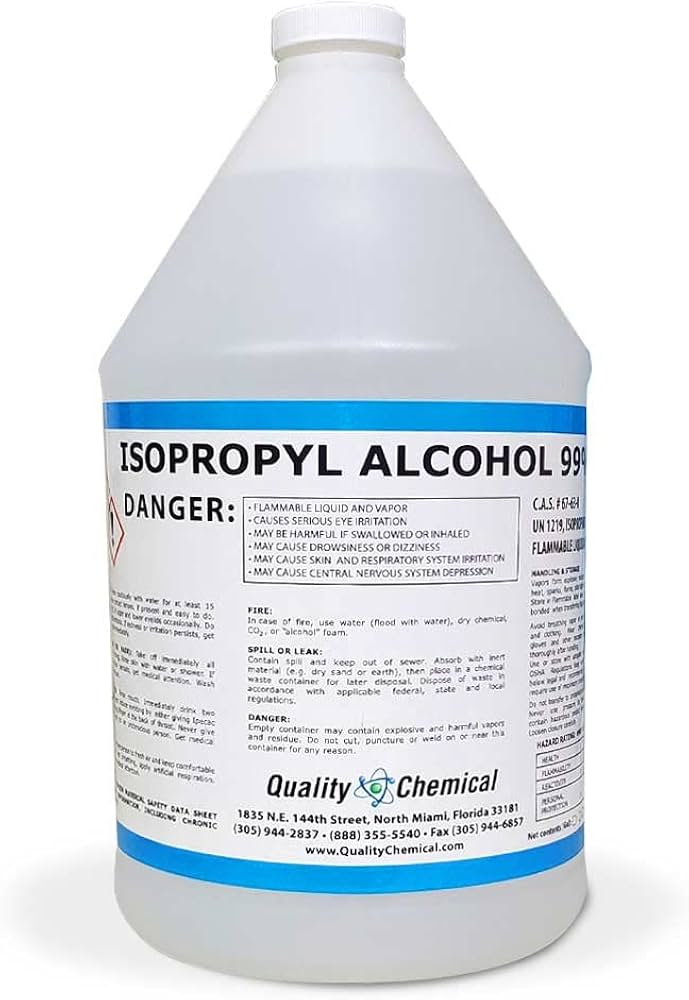
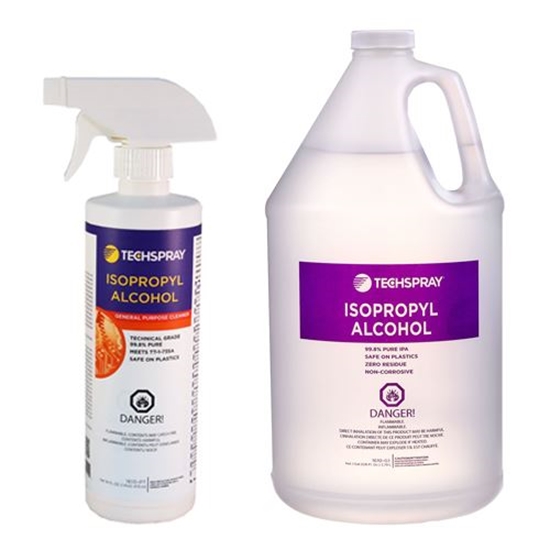
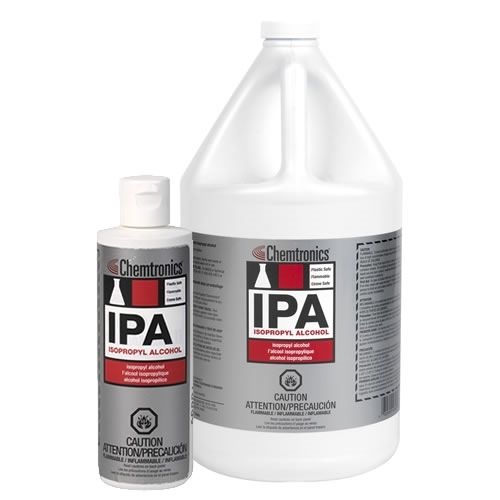
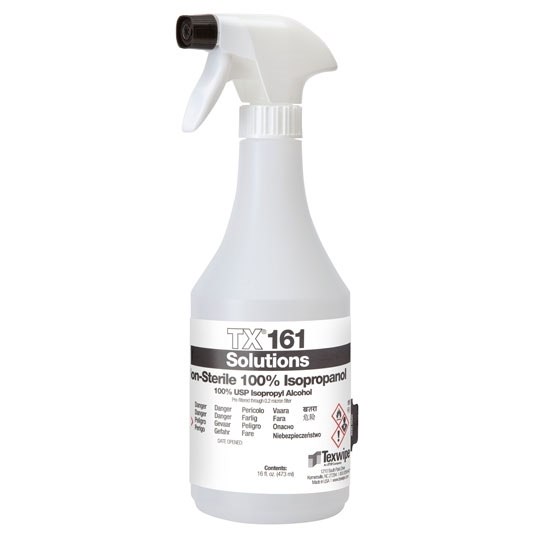
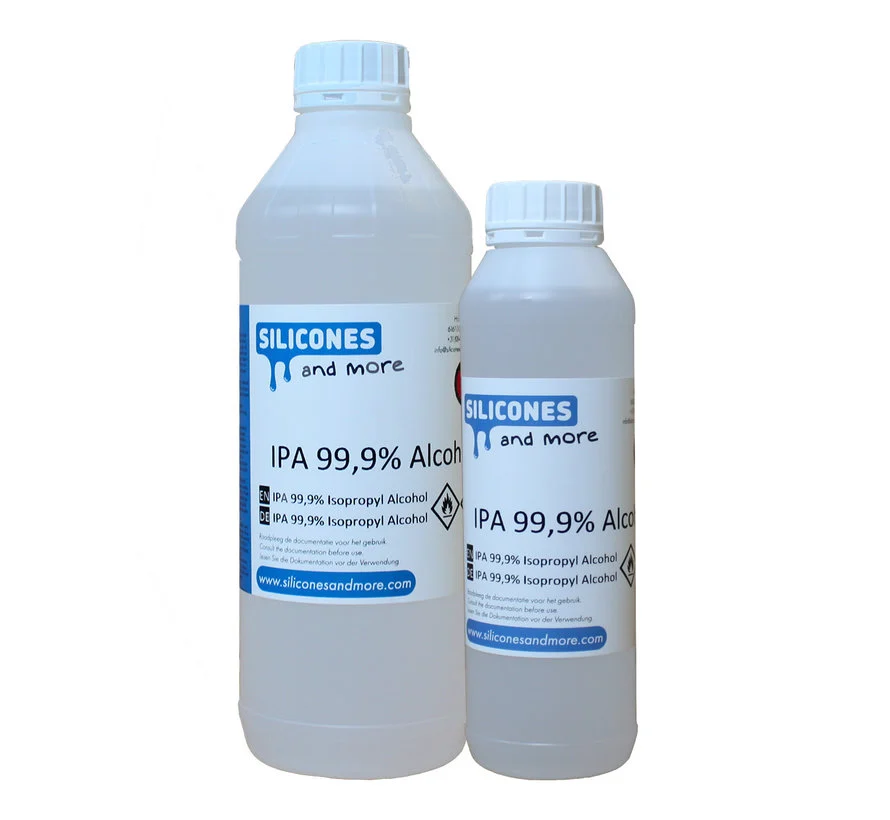
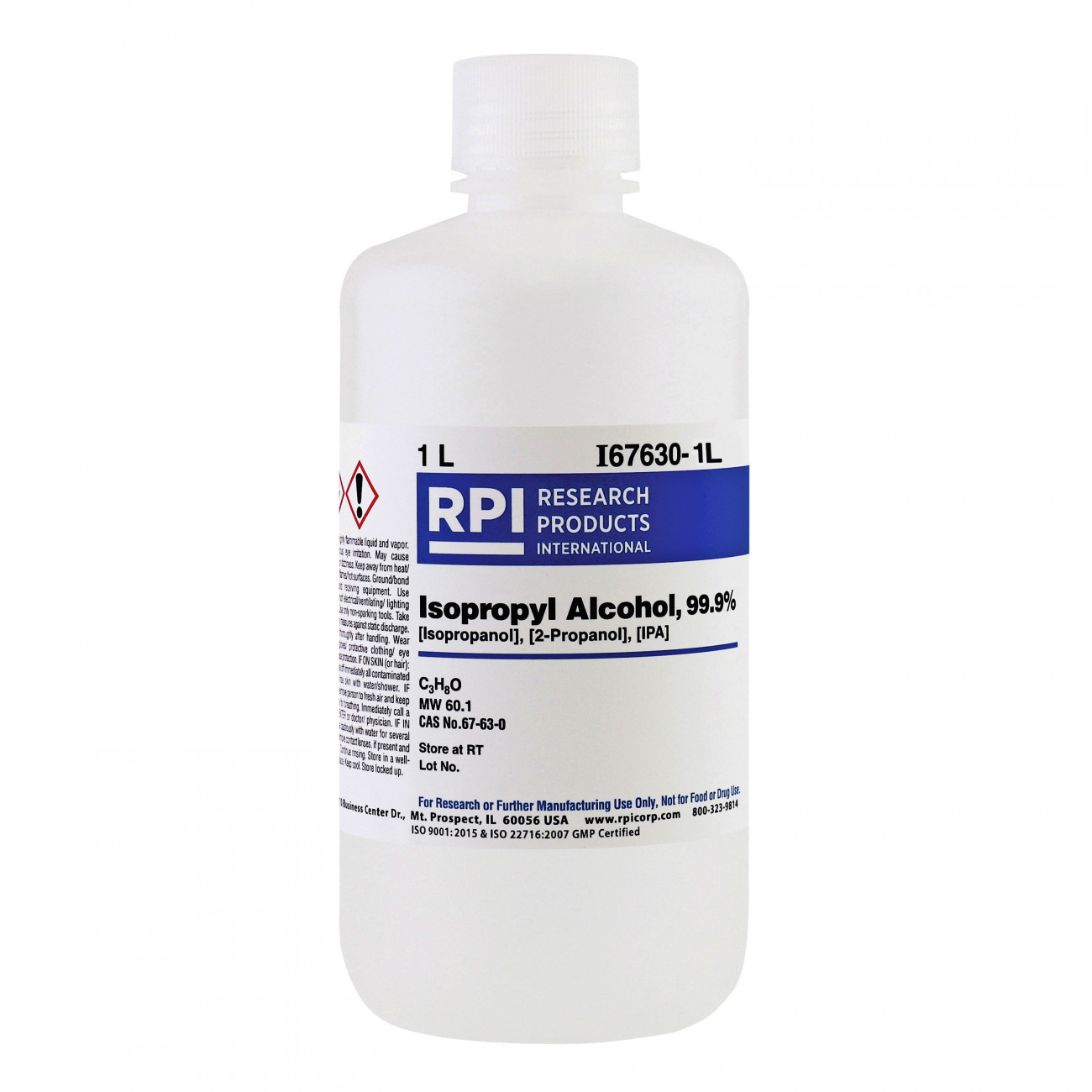
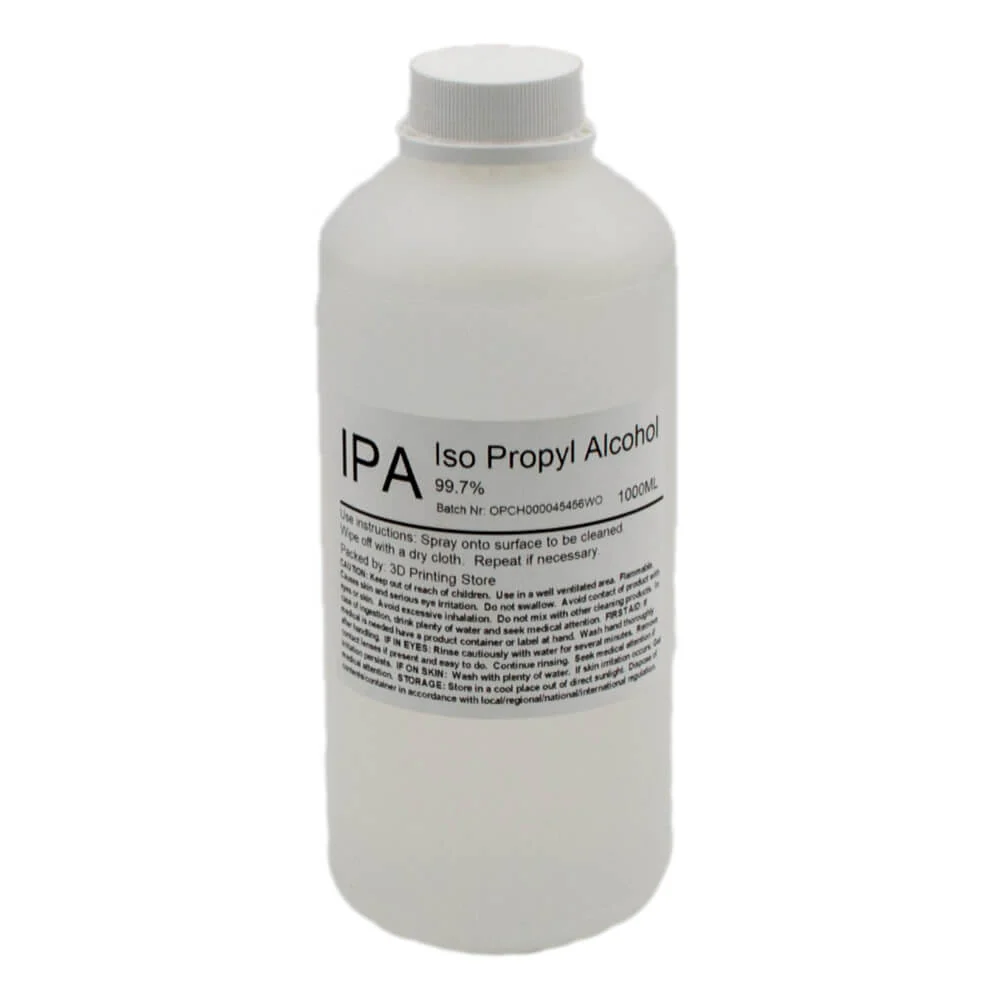
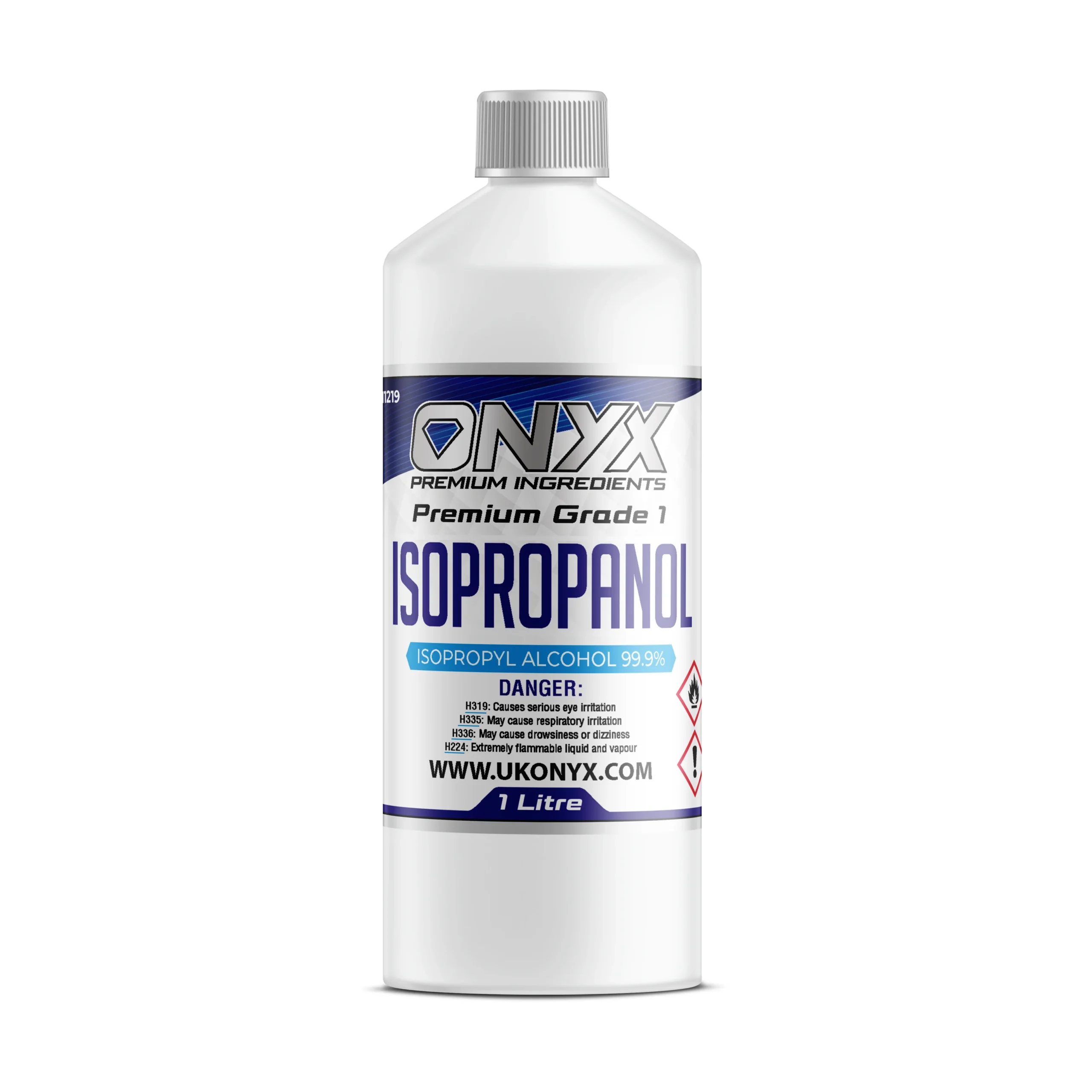

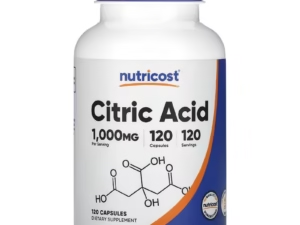
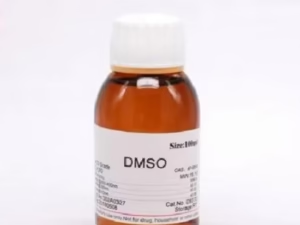

Reviews
There are no reviews yet.